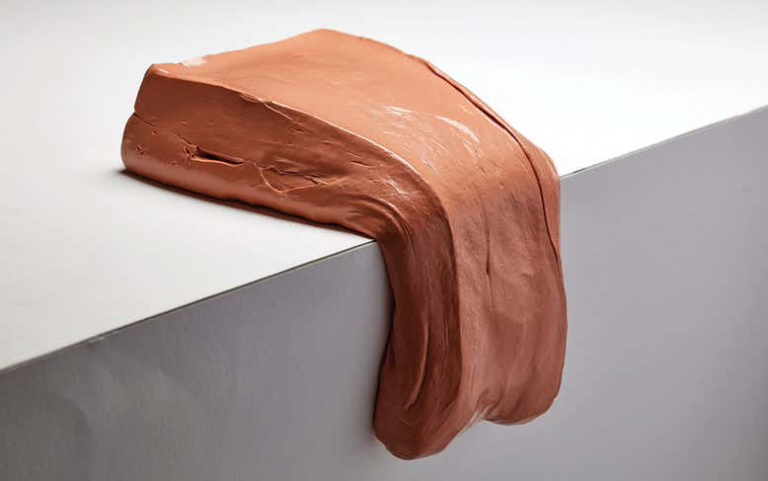‘FLOP’ exhibition tells thirteen stories of failure
15 November 2019
A new exhibition at UCL, FLOP: 13 stories of failure will showcase the surprising and sometimes controversial stories of scientific failure and what happens in their aftermath.

UCL Culture’s free exhibition, which opens at the university’s Octagon Gallery from 21 October 2019 until 10 April 2020, lets people in on a secret – scientists fail all the time.
Visitors will have the opportunity to engage with over 50 objects from UCL’s museums and collections, which highlight the many types of failure from across the fields of arts, sciences, history and medicine.
Curator of the exhibition, Dr Thomas Kador (UCL Arts & Sciences), said: “Failure is something that all scientists experience, but we tend to only shout about the breakthroughs or big discoveries.”
“Making new discoveries requires taking a leap in the dark – a leap we might not take if we’re too afraid to fail. We want this exhibition to open up a debate about what it means to fail and why it is important to embrace failure.”
The objects on display relate to UCL research spanning from the ethics of science, to responsible museum curation and the methods employed by linguists and ethnographers for documenting endangered languages.
Among the thirteen stories of failure, highlights include:
- Bitter pills: Mercury pills were commonly prescribed in the 19th century for treating melancholy, a condition Abraham Lincoln famously endured. It is thought, however, that Lincoln suffered neurological consequences, such as insomnia, tremors and instances of rage, as a result of mercury poisoning. Now we know mercury to be highly toxic and the pills were in fact useless at treating depression.
- Mistaken identity: The public would like to think that most objects on display in museums are correctly presented. But at the Grant Museum of Zoology an Australian bandicoot skeleton was mistakenly displayed with the skull of a different Australian mammal, the woylie. It was only corrected after staff noticed the skull was too big, tail was too short and the legs were too dainty. After much searching in the museum’s collection of 68,000 specimens, the bandicoot skeleton was finally reunited with its own skull – but what other cases of mistaken identity might exist?
- Endangered languages: Meroithic was a language and script of ancient Sudan developed in the first millennium BCE. The language was spoken between 300 BCE (BC) and 400 CE (AD). While the script was largely deciphered in 1909, to date it has not been possible to translate the language. In the present, languages disappear globally at a rate of one every two weeks. What methods do researchers have to protect endangered languages, or is this a futile enterprise?
Dr Kador added: “We have selected thirteen stories, largely told through objects drawn from UCL’s collections. It might not be readily apparent what the failure is and perhaps there may be disagreement over what constitutes a fail.”
“Experiencing failure and rejection is part and parcel of everyone’s lives. By shining a spotlight on this, we hope the exhibition will help the public to think critically about failure in science, as well as everyday life.”
The exhibition is part of the UCL Culture public engagement programme, which aims to bring UCL’s research to a wider audience. Keep up to date with news about the exhibition on Twitter using the hashtag #FLOPexhibition.
Links
Image
- Credit: Matt Clayton
Media contact
Natasha Downes
tel: +44 20 3108 3844
E: n.downes [at] ucl.ac.uk
 Close
Close

